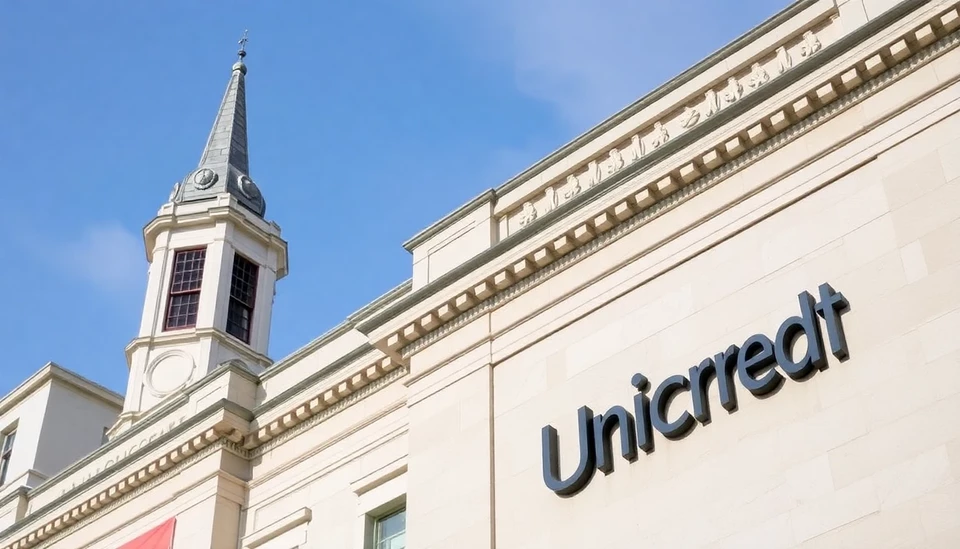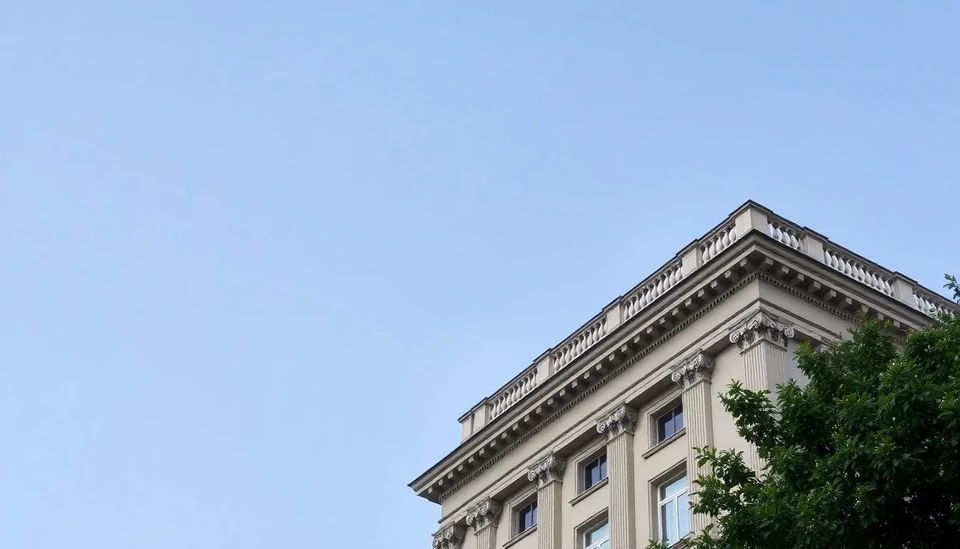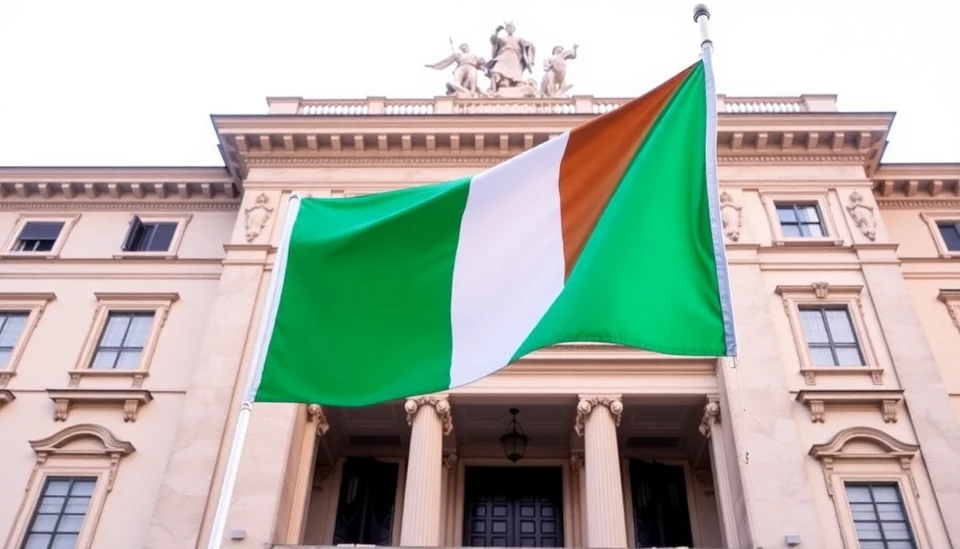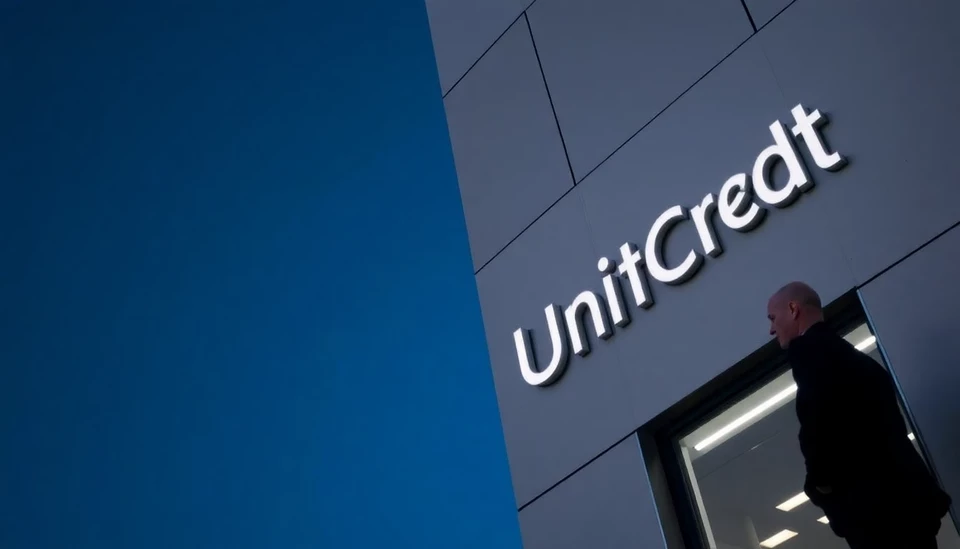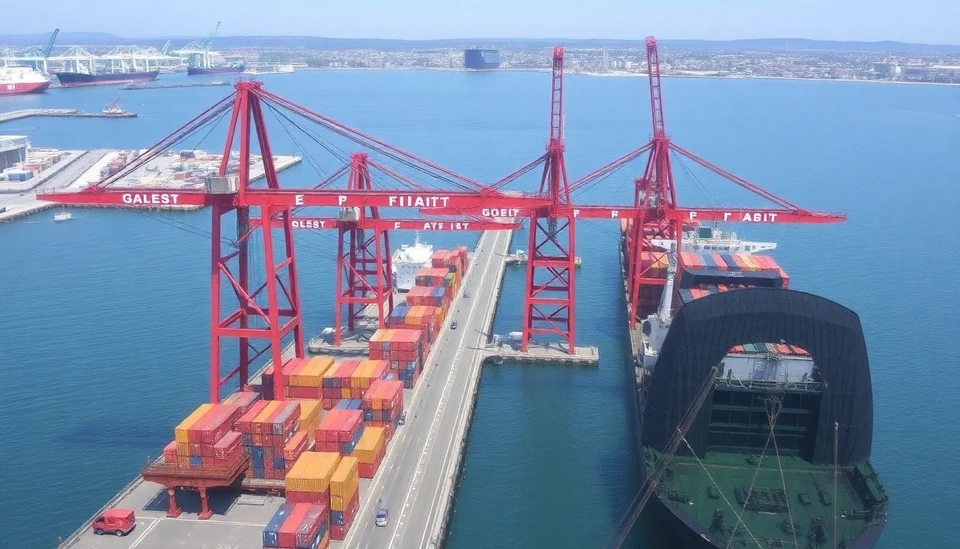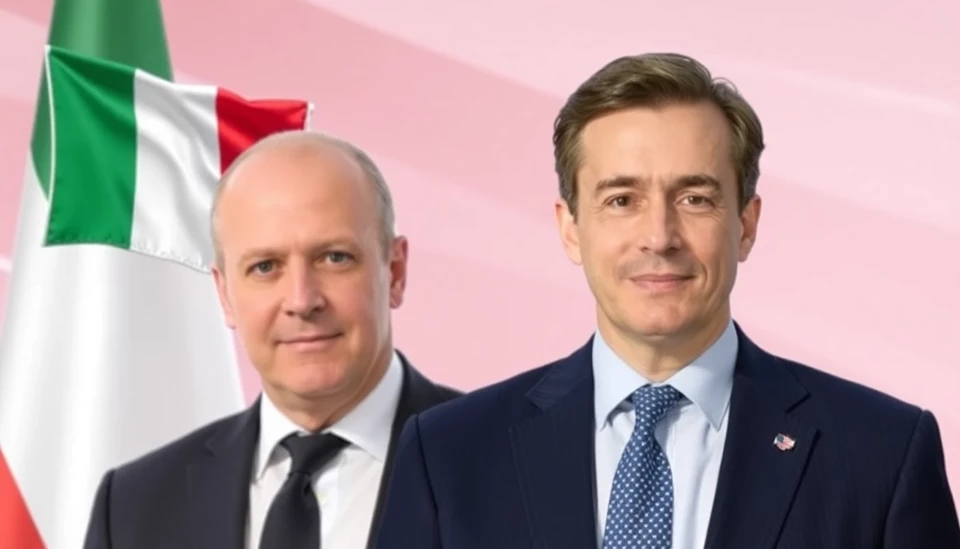
In a bold initiative that has captured the attention of financial analysts and political observers alike, Italy’s government has successfully rallied some of the country’s wealthiest tycoons to invest in the ambitious restructuring plan for the struggling Monte dei Paschi di Siena, one of Italy’s oldest banks. This move is seen as a pivotal step not only to stabilize the bank but also to protect the nation’s broader financial system.
The government, spearheaded by Prime Minister Giorgia Meloni, has utilized a combination of persuasion and strategic incentives to entice prominent business leaders to contribute to the rescue effort. The plan aims to bolster the bank's financial health, which has faced numerous challenges over the years, including massive debts and an excessive number of bad loans.
At the heart of the initiative is a €700 million recapitalization effort that seeks to address the bank's undercapitalization and sustain its operations amid increasing scrutiny from European regulators. As part of this initiative, the government has made it clear that the private sector must play a pivotal role in safeguarding the future of Monte dei Paschi, especially in a climate defined by economic uncertainties.
To foster cooperation from Italy's business elite, the government has outlined several incentives, including tax breaks and favorable conditions for private sector investments. The goal is not only to provide immediate financial assistance to the bank but also to create a sustainable model for its recovery in the long term.
Among those participating in this strategic financing effort are notable figures from various industries, signaling a newfound alignment between Italy's political ambitions and its business community. This collaborative approach is intended to reinforce the notion that the success of institutions like Monte dei Paschi is essential for the overall health of Italy’s economy and, by extension, the European Union's financial stability.
However, this plan is fraught with risks. Critics have voiced concerns regarding the long-term viability of the bank and whether a mere influx of cash will resolve deeper systemic issues ingrained within its operations. There are ongoing debates about the best strategies to tackle non-performing loans, improve management practices, and restore customer confidence.
The outcome of this collective effort will be closely watched both domestically and abroad, as it will serve as a litmus test for Italy’s economic policies under the current administration. Should the plan find success, it could pave the way for similar initiatives in other struggling sectors within the country.
As Italy leans on its most influential business figures to stabilize a critical component of its financial landscape, the implications of this partnership will resonate throughout Europe, marking a potential shift in how governments and private sectors collaborate to address economic challenges.
In summary, Italy has embarked on a significant mission to revitalize Monte dei Paschi di Siena by engaging its tycoons in a historic push for financial reinvention. The stakes are high, and the outcome could change the narrative of banking in Italy for years to come.
#Italy #MonteDeiPaschi #Finance #Investment #EconomicStrategy #GiorgiaMeloni #BankingSector #EuropeanUnion #PrivateSectorCollaboration #EconomicRecovery
Author: Samuel Brooks
